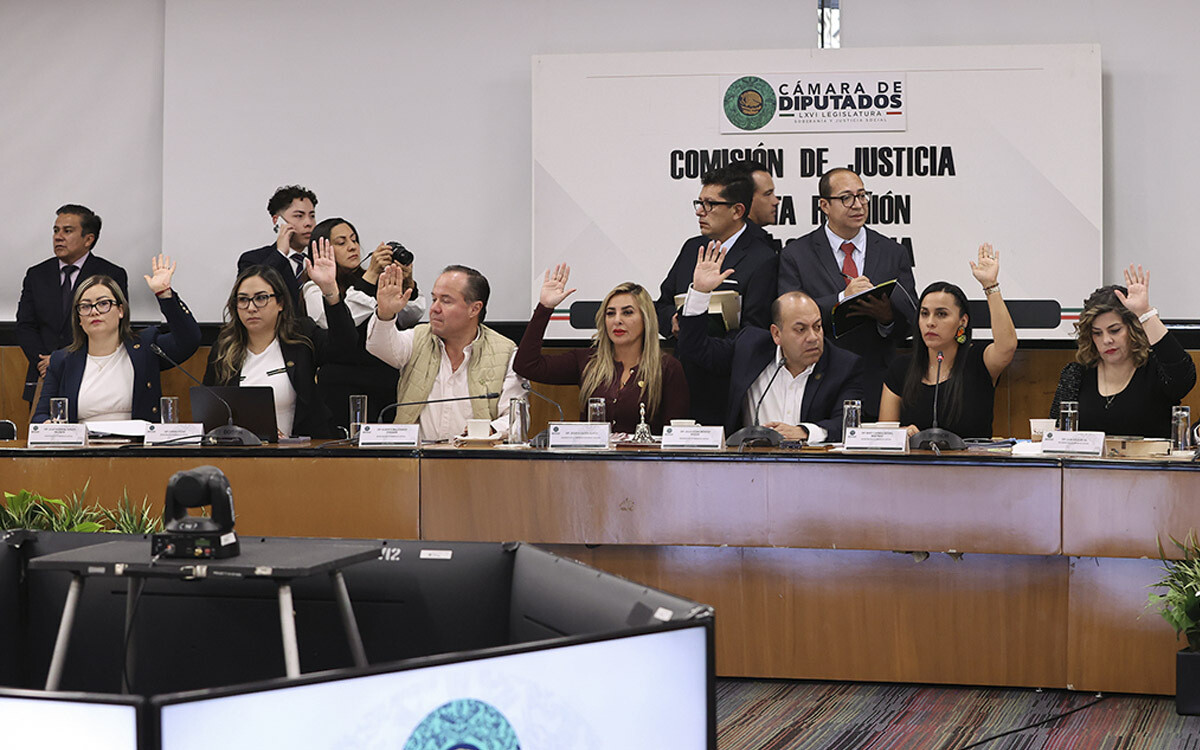
The Justice Commission of the Chamber of Deputies approved, with 25 votes in favor, zero against, and three abstentions, the dictamen of the presidential initiative that creates the General Law to Prevent, Investigate, and Sanction Crimes of Extortion. The initiative aims to establish a comprehensive national policy against extortion, combining prevention, criminal prosecution, victim protection, and asset recovery. The law unifies the classification and prosecution of the crime of extortion nationwide. It will be prosecuted ex officio and can be reported anonymously via the 089 number, allowing authorities to initiate investigations without a formal complaint. The law imposes harsher penalties in cases such as 'protection money,' when victims are minors or migrants, or if the perpetrator is a public servant. The initiative includes stricter penalties for those who commit extortion, not allowing them to leave prison or reduce their sentence, except in exceptional cases if they cooperate with justice. It proposes prison sentences of 6 to 15 years and fines of 100 to 500 times the daily value of the UMA for forcing a person to do something, refrain from doing it, or tolerate it without a right, in order to obtain a benefit or cause harm. The law also includes measures for the protection and assistance of victims, witnesses, and injured parties. 'What we are discussing today in this matter is a demand from groups, people, families, or merchants who suffer from this crime, as they are charged protection money,' the text states. Meanwhile, Emecista deputy Juan Ignacio Zavala assured that, although the dictamen includes most of the proposals made by his party, there are still aspects that are very concerning, such as the possibility of admitting evidence obtained with violations of human rights. PRI deputy Alejandro Domínguez announced his abstention because, although they reviewed the different penalties in local legislations, there is no statistical analysis of how many people prosecuted or convicted for extortion could be released if sanctions are reduced, as the reform proposes.













